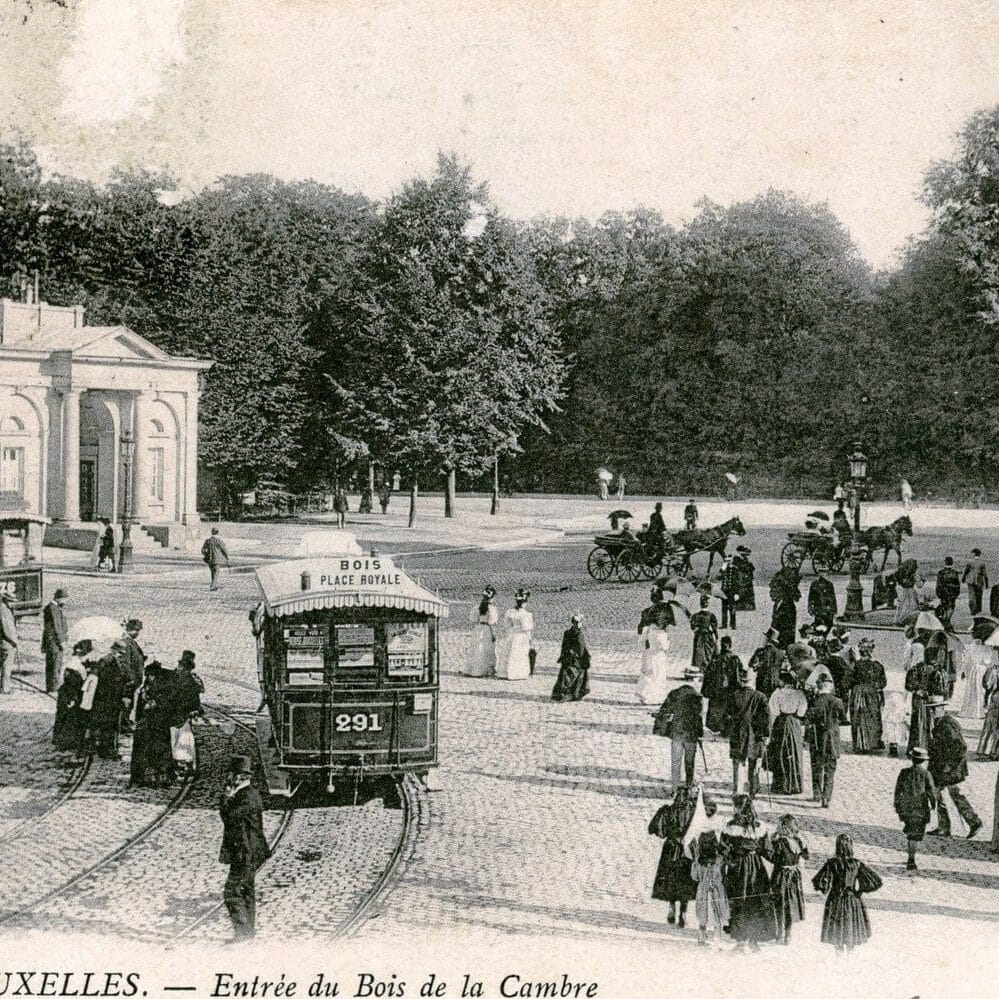Mobility and transport
The Low-emission zone as an active exnovation policy
On the way towards the phase-out of the most polluting vehicles in Brussels?

Exnovation in the field of mobility and transport often seems to take the shape of a low-emission zone. This is at least the case for the Brussels Capital Region, as well as for several other European cities.
To improve air quality, the Low Emission Zone (or LEZ) has been implemented in 2018 by the administration in charge of environmental issues (Bruxelles Environnement): gradually, the oldest vehicles are banned in Brussels. Eventually, combustion engines could be banned completely in Brussels, for the purpose of the fight against climate change.
Those measures are being lively debated. The legitimacy of the LEZ has been questioned on some aspects and the future developments in this policy are still unknown.
In GOSETE, we seek to address the following research questions:
Is the LEZ an ambitious policy measure at the city level in order to address current exnovation challenges? What about other urban mobility measures related to exnovation challenges? What do we precisely want to phase-out and what is the direction that we want to take?
For more information on the origin of this research worksite: please read the complete dedicated article (in French)
If you are involved in this working area and you want to contribute to GOSETE by sharing your view: please contact us!
Sélections de Presse · Mobility and transport
L’Union européenne interdit l’importation de produits issus de la déforestation
RTBF
06/12/2022
Une politique d’exnovation qui va toucher le cacao, le café, le soja, l’huile de palme, le bois, la viande bovine ou encore le caoutchouc, issus de terres déboisées, d’ici à 18 mois, alors que les importations européennes sont responsables de 16% de la déforestation.
Feu vert de la Commission européenne à l’interdiction des vols intérieurs courts en France
Toute l’Europe
02/12/2022
COP27: un traité pour venir à bout des énergies fossiles
Le Soir
15/11/22
Un mouvement important plaide pour un traité qui mettrait un moratoire sur les nouveaux projets d’extraction et de production et planifierait l’abandon graduel de la production existante, étant donné le vide de l’accord de Paris à ce sujet
